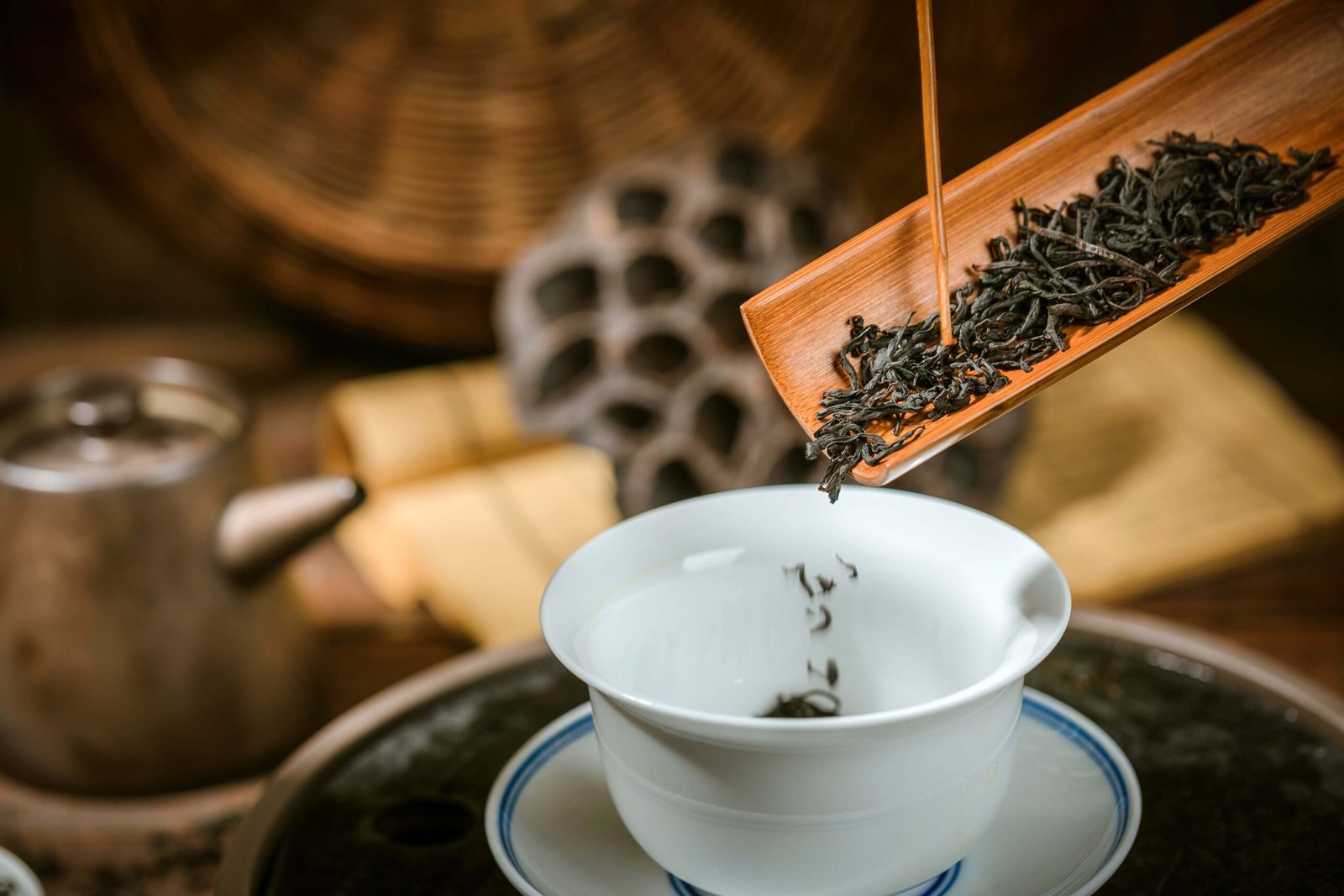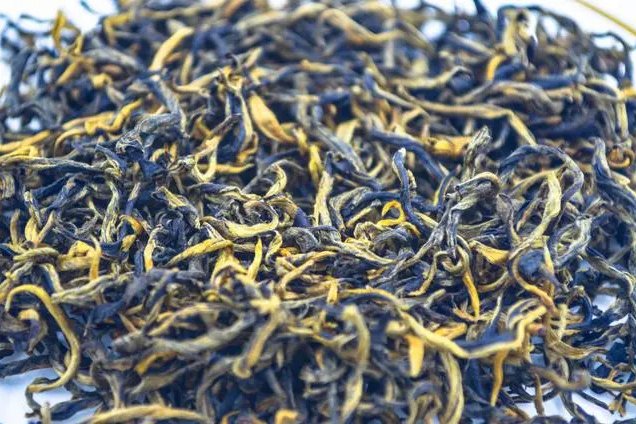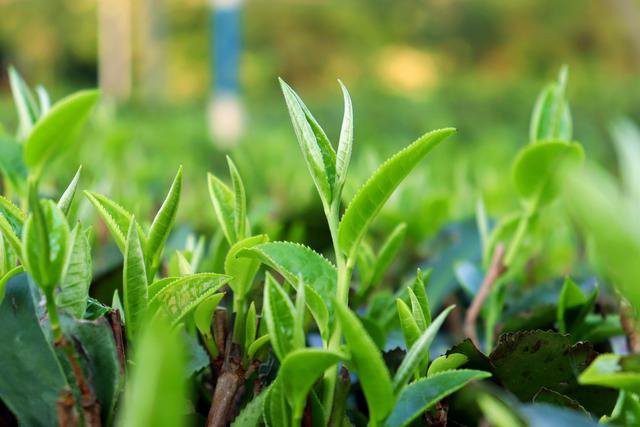Знакомство с китайским черным чаем
Chinese black tea, known as “hong cha” in Mandarin, has a storied history and plays a significant role in Chinese culture. Unlike other teas, it undergoes a full oxidation process, giving it a rich, dark color and a robust, malty flavor. This processing technique is distinct from that of green tea, which is minimally oxidized, and oolong tea, which is partially oxidized. Such distinct processing methods contribute to the unique identity of Chinese black tea, setting it apart in flavor and aroma.
Historically, Chinese black tea emerged during the Ming Dynasty, initially produced in the Wuyi Mountains of Fujian Province. It quickly gained popularity among the Chinese people and expanded through trade routes to the Middle East, Russia, and eventually Europe. The distinctive flavor profiles of Chinese black tea, ranging from floral and sweet to smoky and bold, made it a favored choice globally.
The traditional cultural significance of Chinese black tea cannot be understated. It has been used in various ceremonies and holds an esteemed place in Chinese sociocultural life. Tea gardens in historic regions such as Fujian and Yunnan are renowned for producing the finest black teas, including celebrated varieties like Lapsang Souchong and Keemun.
In today’s world, Chinese black tea has seen a resurgence among young people, both in China and internationally. Its rich history, coupled with its diverse and robust flavors, has spurred new interest and appreciation. Understanding the roots of this tea, its age-old processing techniques, and the cultural tapestry it is woven into, provides a comprehensive insight into why Chinese black tea continues to captivate tea enthusiasts around the globe.
Health Benefits and Nutritional Value
Chinese black tea has garnered considerable attention among health-conscious young people, and for good reasons rooted in its numerous health benefits. A significant contributor to this appeal is its rich antioxidant properties. Antioxidants, such as polyphenols found in Chinese tea, are vital for combating harmful free radicals in the body. These free radicals are known to accelerate aging and contribute to various chronic diseases, including cancer and heart disease. Regular consumption of Chinese black tea can, therefore, play a role in reducing these risks.
Another notable benefit is its potential to boost heart health. Studies have indicated that drinking black tea can help improve blood vessel function and reduce bad cholesterol levels. A study published in the European Journal of Clinical Nutrition highlighted that individuals who regularly consumed black tea experienced a significant decrease in LDL cholesterol, which is a key factor in maintaining cardiovascular health. This evidence makes a compelling case for young people prioritizing their long-term health to incorporate Chinese black tea into their daily routines.
In addition to its cardiovascular benefits, Chinese black tea may also enhance mental alertness. This is primarily due to its caffeine content, which, though generally lower than that in coffee, is enough to provide a gentle, sustained energy boost. Moreover, the presence of L-theanine, an amino acid found in Chinese tea, contributes to improved focus and a more relaxed state of mind, thus supporting cognitive function.
On the nutritional front, Chinese black tea is a source of various essential vitamins and minerals. It contains notable amounts of vitamins B2 (riboflavin), B9 (folate), and D, as well as trace minerals such as manganese and potassium. These nutrients are crucial for maintaining metabolic processes, bone health, and overall well-being.
Scientific research consistently supports the health benefits of Chinese black tea. A study from the Journal of Nutrition, Health & Aging found that older adults who drank black tea regularly had better cognitive performance compared to non-tea drinkers. Such findings not only underscore the health advantages but also shed light on why this traditional beverage is gaining popularity among the younger generation, who seek both health benefits and a pleasurable drinking experience.
Cultural and Social Appeal
Chinese black tea has seen a notable rise in popularity among younger generations, driven by various cultural and social factors. The intricate tea culture, traditionally revered in China, has found new life amongst millennials and Generation Z, who are increasingly drawn to experiences steeped in history and authenticity. The time-honored practices of tea ceremonies and tea tastings serve as both a social activity and a form of cultural engagement, offering young people a chance to connect with traditions in a meaningful way.
The allure of Chinese black tea extends beyond its taste and aroma; it is embedded deeply in social media and digital communities. Influencers and tea enthusiasts frequently share visually appealing content that highlights the beauty and tranquility of tea rituals. Hashtags and trending topics on platforms like Instagram and TikTok have turned tea into not just a beverage, but a lifestyle symbol adored by a digitally connected audience.
Simultaneously, Chinese black tea resonates with ongoing wellness trends. Many young people are increasingly focused on mindfulness, wellness, and holistic living. These values are central to the practice of traditional tea-drinking, where the act itself becomes a meditative experience, encouraging presence and calm. Beyond the mental benefits, the antioxidants and other health-promoting compounds found in Chinese tea enhance its appeal as part of a healthy lifestyle.
Additionally, the appreciation of high-quality, artisanal products fits well within the current consumer preferences of younger demographics. Youth today are making more informed and ethically conscious choices, and the rich history and sustainable practices associated with Chinese black tea production resonate well with this ethos. In summation, the convergence of these social, cultural, and health factors significantly contributes to the growing popularity of Chinese black tea among young adults.
Modern Innovations and Market Trends
As the appeal of Chinese black tea extends to younger generations, innovative approaches are crucial for capturing their interest. One of the most significant trends is the introduction of creative tea blends and flavors. To make traditional Chinese black tea more accessible and exciting, companies are combining it with fruits, flowers, and herbs. These new blends not only offer unique flavors but also cater to health-conscious consumers by highlighting their natural and beneficial ingredients.
Packaging innovations also play a pivotal role in attracting younger buyers. Eye-catching designs, eco-friendly materials, and convenient packaging options, such as single-serve sachets and on-the-go tea sticks, are gaining popularity. Distinctive packaging not only helps differentiate brands in a crowded market but also aligns with the environmentally responsible preferences of younger consumers.
The rise of specialty tea shops and cafes has further broadened the reach of Chinese black tea. These establishments create modern, inviting spaces where young people can explore various types of Chinese tea. Offering an array of freshly brewed teas, including cold brews and unique tea-based beverages such as bubble tea, these shops make drinking Chinese black tea a trendy social experience.
Technological advancements and the growth of e-commerce have also significantly impacted the tea market. Digital platforms allow consumers easy access to high-quality Chinese black tea, minimizing geographic barriers. Online tea shops often provide detailed information about the origins and health benefits of their products, enhancing consumer confidence and engagement.
Another trend reshaping the market is the introduction of ready-to-drink bottled teas. These convenient options cater to the fast-paced lifestyles of young consumers, integrating Chinese black tea into their daily routines effortlessly. The burgeoning popularity of cold brews and innovative tea-based beverages demonstrates the versatility of Chinese black tea, ensuring it remains a staple for tea enthusiasts of all ages.













